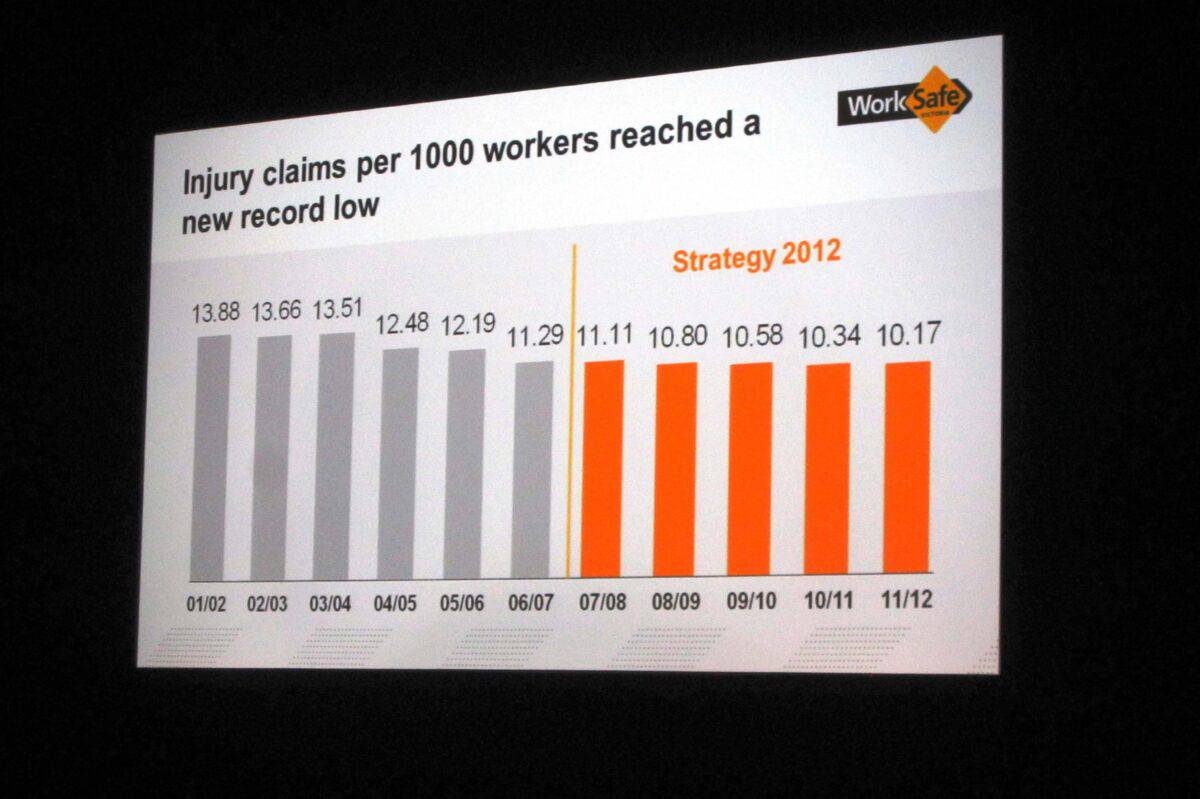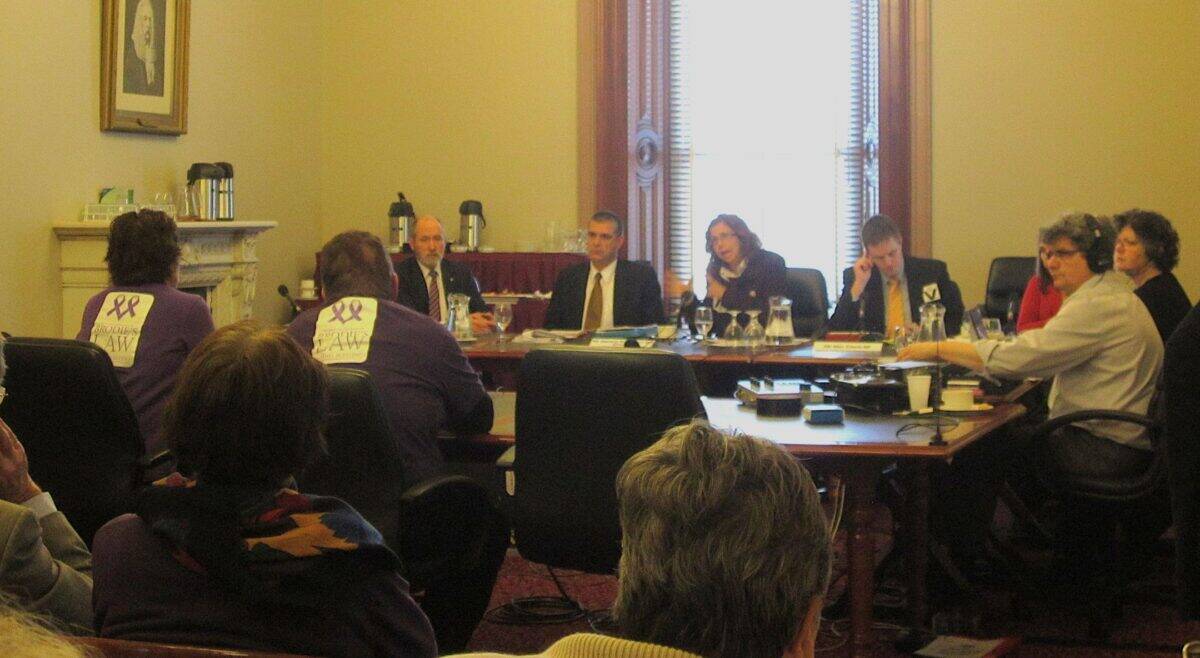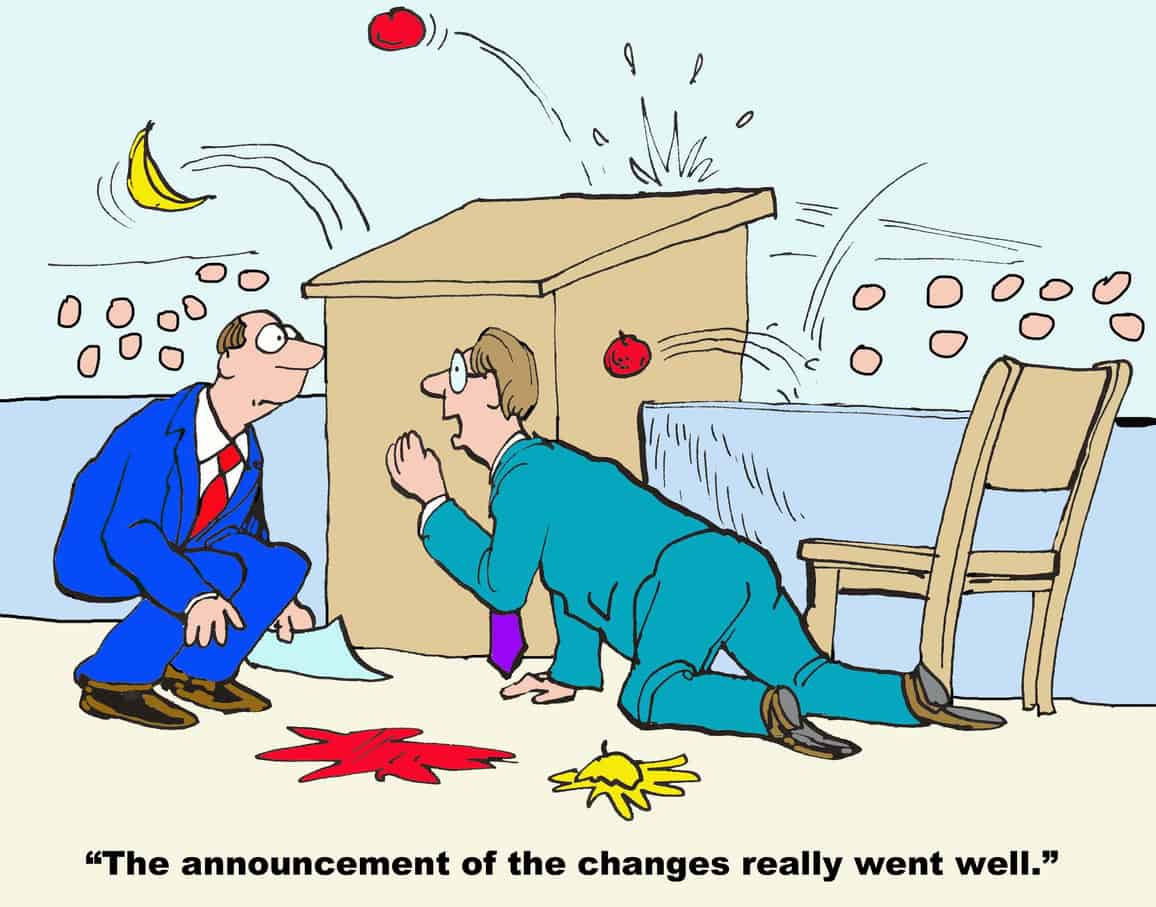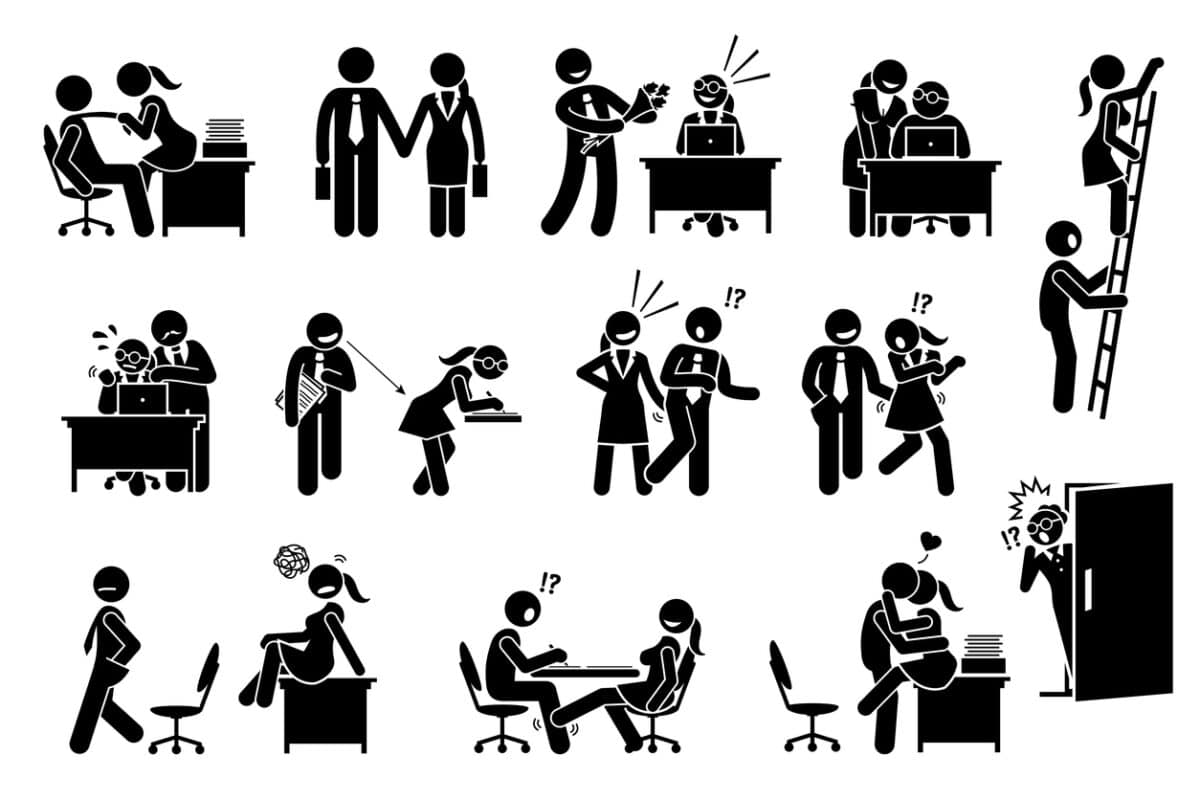To truly understand occupational health and safety (OHS) issues, it is necessary to examine OHS concerns beyond one’s own industry. Recently, this blog has reported on some parliamentary debates on OHS in the horse racing industry. The November edition of The Monthly includes an exposé of the OHS of Australia’s horse racing industry by freelance writer, Madison Griffiths, with lessons for all of us on morality, Godliness, accountability and leadership. The article is paywalled but well worth the purchase.
Category: bullying
When Safe Work Month Shrinks and Psychosocial Hazards Expand
WorkSafe Victoria used to launch National Safe Work Month (or Safe Work Week as it started out) in a big way in Melbourne. They tried something similar when it relocated to Geelong, but this year, there was nothing of the same magnitude. There was some strong publicity benefit from having a big half- to full-day event at the start, but apparently, there was no additional benefit beyond that.
I would argue that the big event for this year’s safety month is the “Psychological Health Regulations: A focus on risk management” webinar on October 27, 2025. The new regulations and Compliance Code are what everyone seems to be talking about. For contrast, I have reviewed some of the presentations from the opening of WorkSafe Week in October 2012 by WorkSafe and VECCI.
Victoria’s Psych Safety Code identifies preventions, and HR help will be needed
The release of new psychological safety workplace regulations and guidance in Victoria is a big thing. Partly because this closes the gap, with similar occupational health and safety (OHS) regulations now in place throughout Australia. Partly because Victoria was an early advocate for changes to these workplace hazards, and the government sat on its hands with this issue for far too long. (No one really knows why)
A quick read of the Compliance Code suggests that many of these hazards are unlikely to be controlled without the cooperation of Human Resources (HR) personnel. This might be the biggest challenge to achieving change and preventing harm.
If you think psychosocial hazards are a nonsense, learn about Brodie Panlock
Next year marks the 20th anniversary of the death of Brodie Panlock. I have been thinking of her a lot over the last few months as Victorian employers (finally) start to seriously consider their legislative obligations to provide a mentally safe and healthy work environment. I wonder whether the new psychosocial safety regulations had been in place in 2005-06, Brodie Panlock would have lived.
[Note: This article discusses issues related to suicide.]
Victoria’s Psychosocial Reforms will Test Employer Commitment to OHS
The Victorian Government plans to introduce legislation regarding psychosocial hazards, similar to that of all other Australian jurisdictions, by the end of 2025. But what workplace changes are expected when this new set of occupational health and safety regulations is enacted? Other States’ laws may provide clues.
Is it possible to prevent psychosocial hazards?
The Occupational Health and Safety (OHS) legislation states that employers must eliminate hazards as far as is reasonably practicable. If you start your safety journey from this point, you will forever be frustrated in your OHS achievements and disappointed in your job. OHS may be forever linked with laws and regulations, but the safety and health of ourselves, colleagues and others is based on our personal moral code and the values we bring to our actions. OHS satisfaction comes from accepting that OHS laws are only part of our purpose
Sexual Harassment Laws Have Teeth—So Why Aren’t They Biting?
In November 2022, then-Sex Discrimination Commissioner Kate Jenkins explained why sexual harassment in Australian workplaces continues to happen. Basically, she said this was because the sex discrimination laws were reactive to a worker complaint and placed no duty on employers to prevent these types of incidents. But there is more to it than that, and the recent imposition of a positive duty under sex discrimination laws is still not preventing work-related harm.






